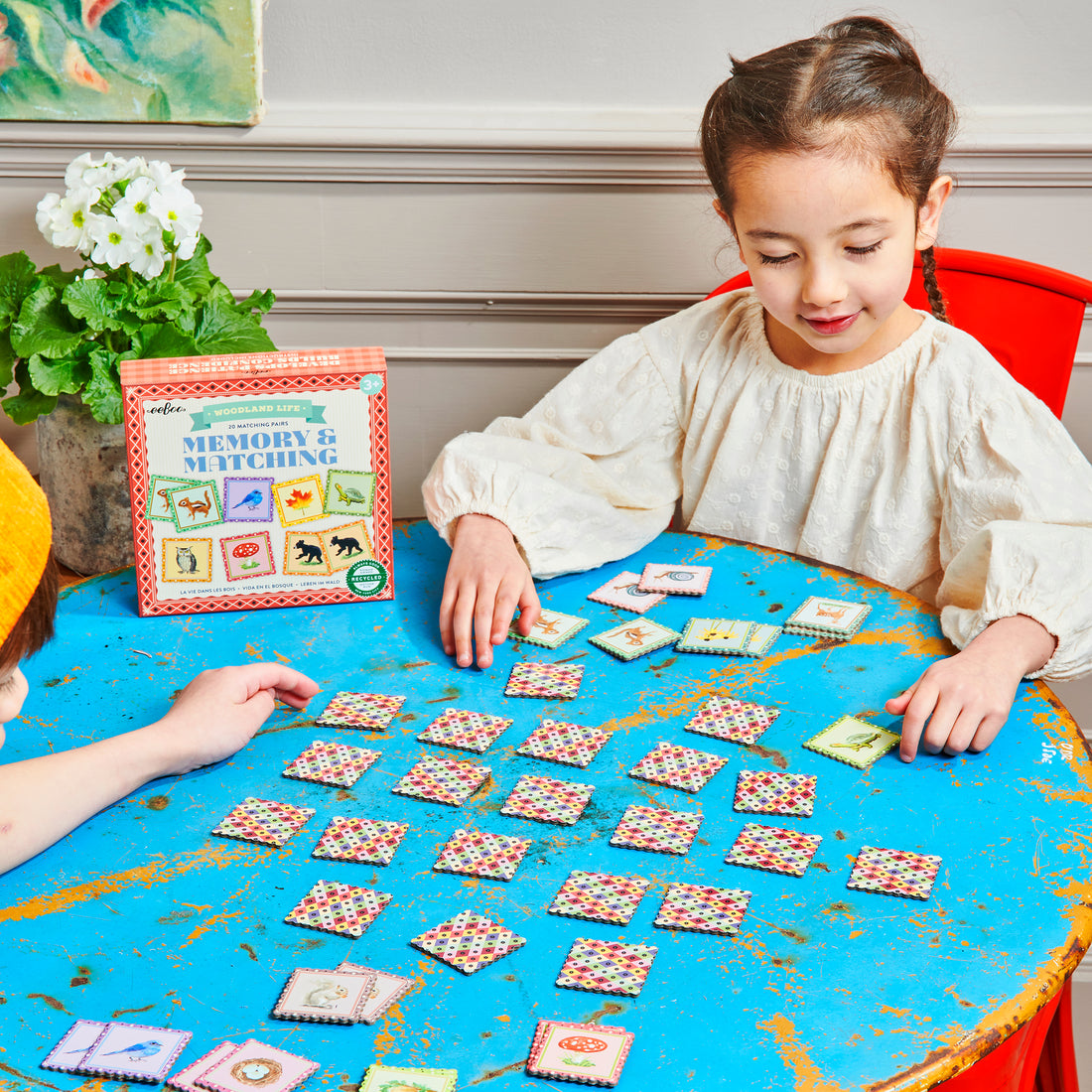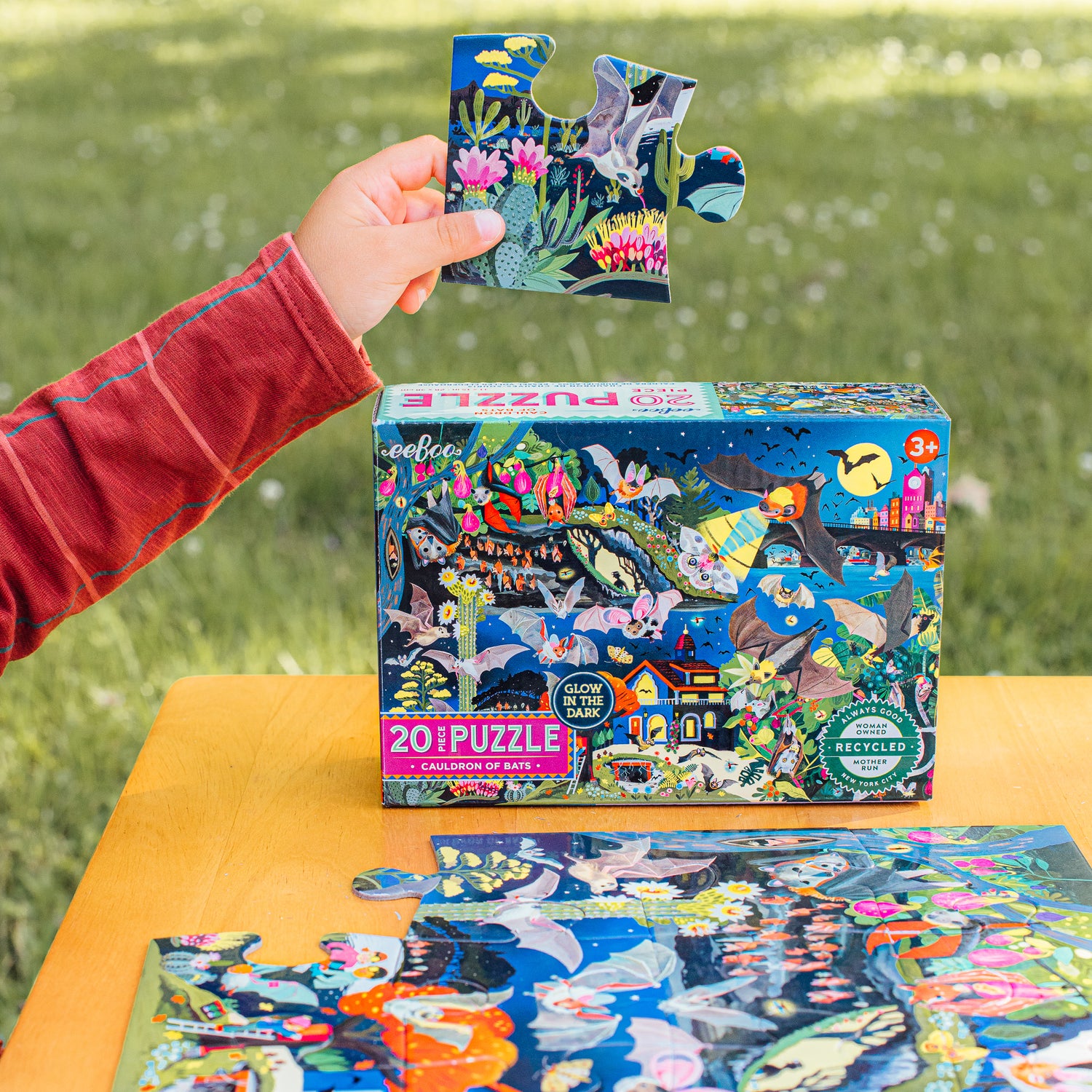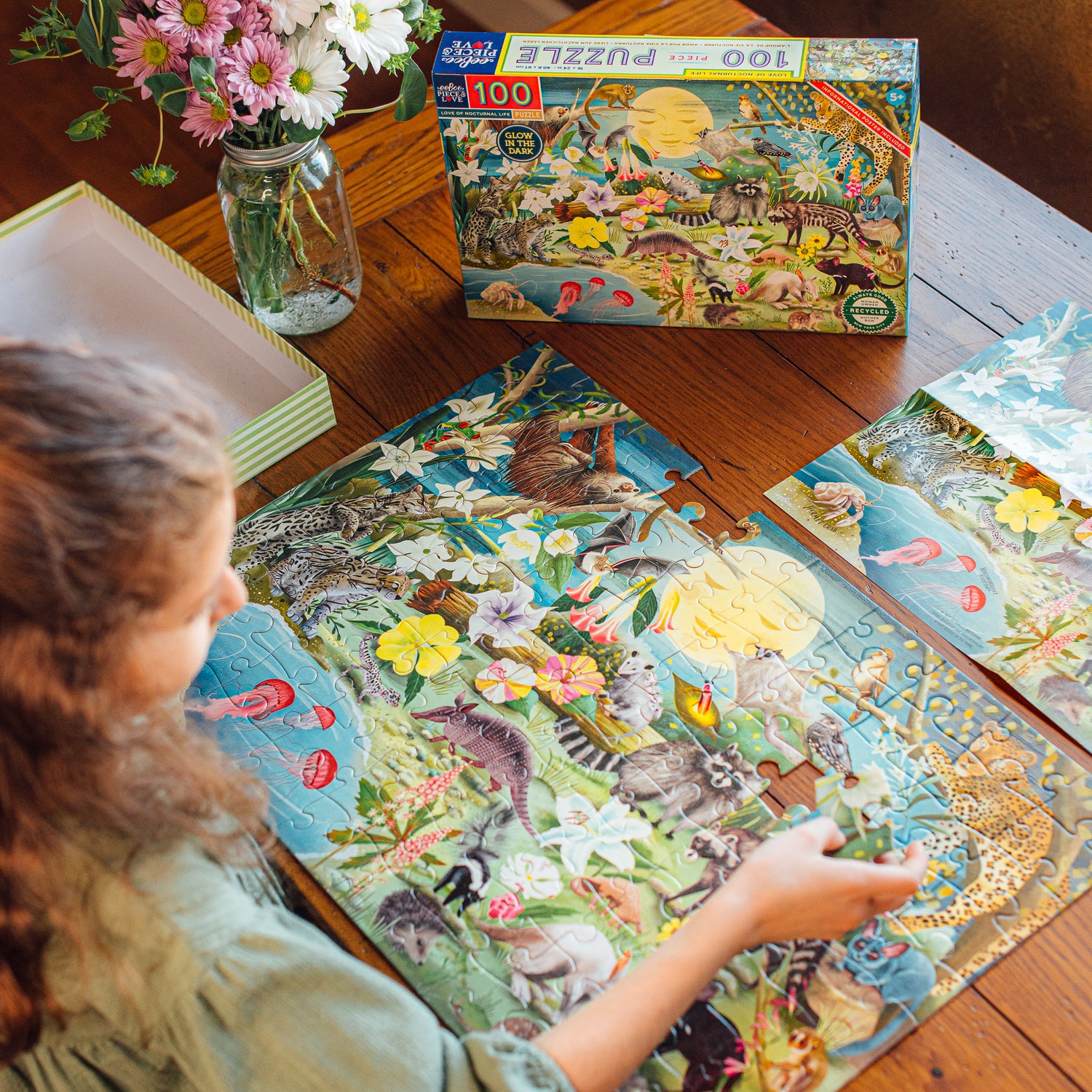Winning and losing both play crucial roles in a child's development, each offering valuable lessons and skills. Here’s why it’s good for children to experience both winning and losing games:
Benefits of Losing Games
1. Building Resilience and Coping Skills
- Learning to Handle Disappointment: Losing teaches children how to manage and express their emotions in a healthy way.
- Persistence: It encourages them to try again and not give up, fostering a growth mindset.
2. Developing Sportsmanship and Fair Play
- Graceful Losing: Children learn to accept defeat gracefully and congratulate others, which builds empathy and respect.
- Fair Play: It emphasizes the importance of following rules and playing fair, regardless of the outcome.
3. Enhancing Problem-Solving and Critical Thinking
- Analyzing Mistakes and Strategies: Losing provides an opportunity to analyze what went wrong and how to improve strategies for next time.
- Adaptability: It teaches children to adapt their tactics and think critically about their decisions.
4. Encouraging Humility and Perspective
- Humility: Losing helps children understand that they won't always win and that’s okay, promoting a realistic and balanced self-view.
- Perspective: It helps them recognize that effort and participation are valuable, even if they don't win.
5. Strengthening Social Bonds and Cooperation
- Shared Experiences: Losing together can strengthen friendships and team bonds as children support each other through setbacks.
- Cooperation: In cooperative games, losing teaches children to work together and improve as a team, enhancing collaborative skills.
Benefits of Winning Games
1. Building Confidence and Self-Esteem
- Achievement and Recognition: Winning boosts a child's confidence and gives them a sense of accomplishment, reinforcing their self-esteem.
- Motivation: Success can be a powerful motivator, encouraging children to set goals and strive for excellence in future endeavors.
2. Reinforcing Positive Behavior and Skills
- Validation of Effort: Winning validates the effort and hard work children put into their activities, teaching them that perseverance pays off.
- Skill Reinforcement: It reinforces the strategies and skills they used to win, helping them understand what works well and why.
3. Learning Goal Setting and Planning
- Setting and Achieving Goals: Winning helps children experience the satisfaction of setting and achieving goals, which is crucial for personal development.
- Strategic Thinking: It encourages them to plan and think ahead, developing their ability to create and execute effective strategies.
4. Fostering Healthy Competition
- Balanced View of Competition: Experiencing both winning and losing helps children develop a balanced view of competition, understanding that both outcomes are part of the game.
- Encouragement of Fair Play: Winning within the rules reinforces the importance of honesty and integrity in competitive situations.
5. Enhancing Social Skills and Relationships
- Team Success: Winning in team settings fosters a sense of camaraderie and shared success, strengthening social bonds.
- Celebrating Together: Celebrating victories together enhances friendships and teaches children how to share joy and success with others.
Experiencing both winning and losing is essential for a child's holistic development. Winning boosts confidence, reinforces skills, and motivates further effort, while losing builds resilience, teaches humility, and encourages problem-solving. By navigating both outcomes, children learn valuable life lessons that contribute to their emotional, social, and cognitive growth. Encouraging a healthy attitude towards both winning and losing will help children develop into well-rounded individuals capable of handling life's various challenges and successes.










